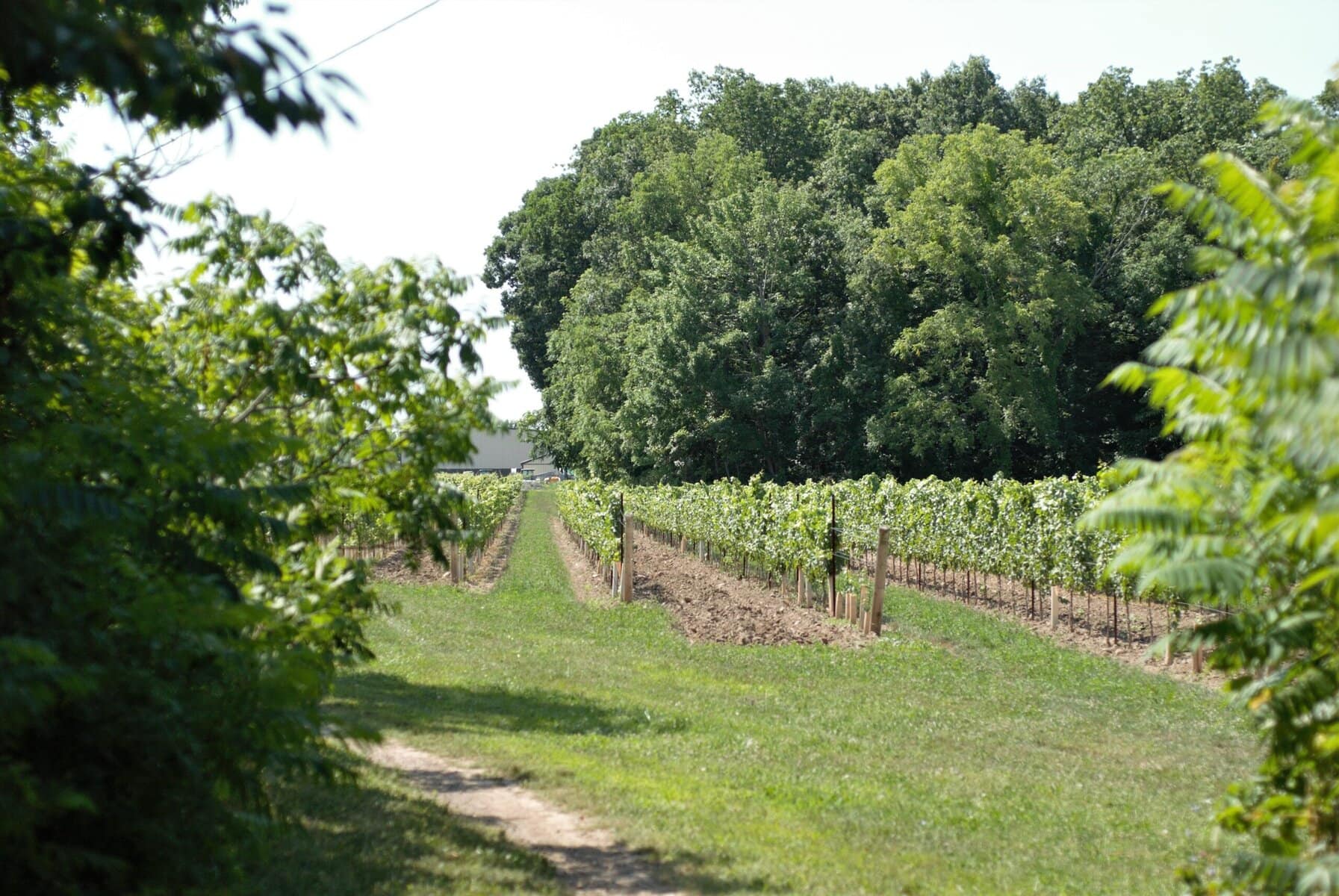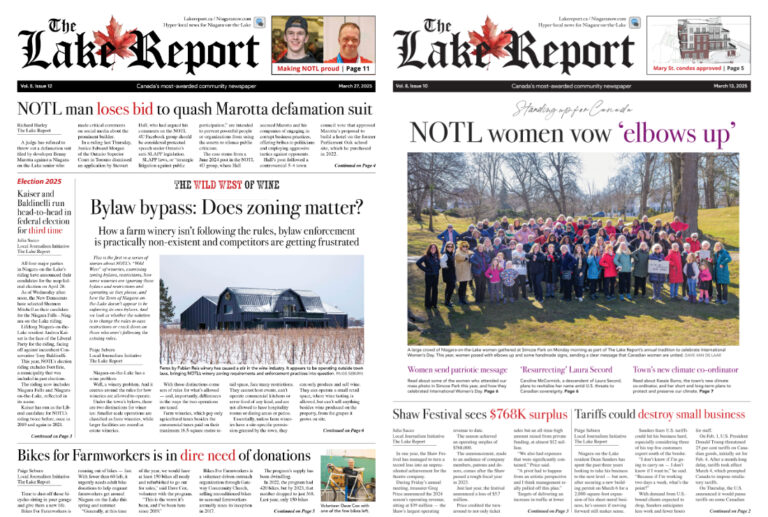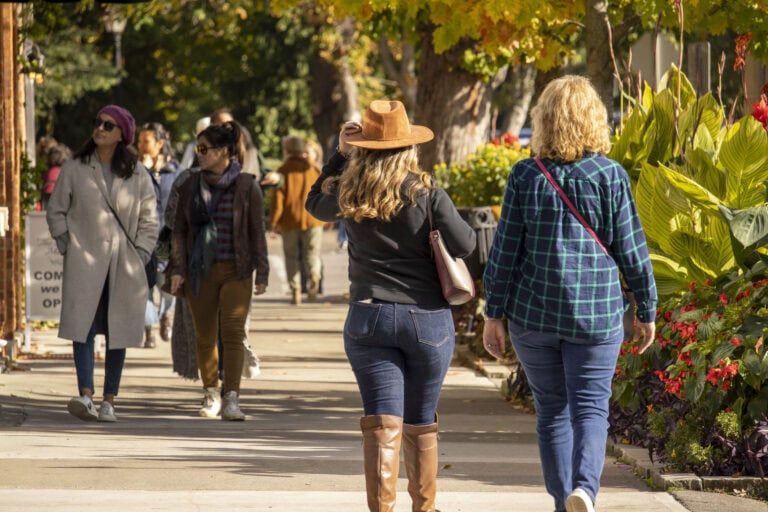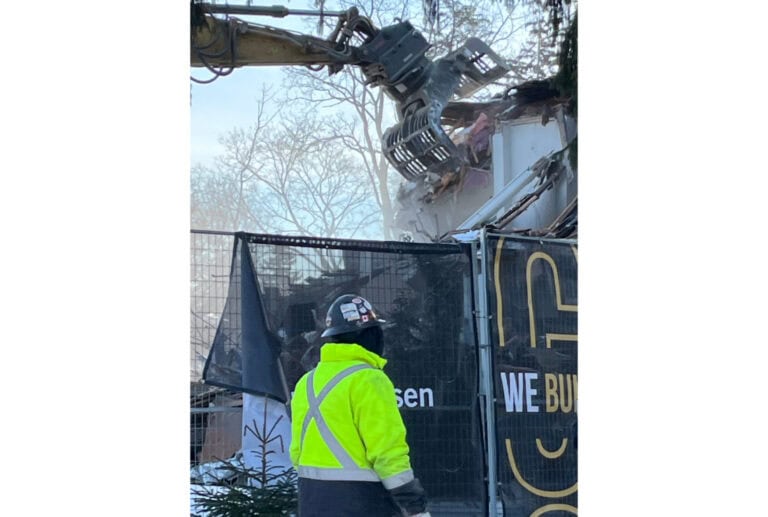Steve McGuinness
Special to Niagara Now/The Lake Report
Grapes are big business in Niagara-on-the-Lake. Many farmers and wineries grow them. Many town residents and temporary foreign workers hold jobs in agricultural and agritourism.
Our vineyards are considered tranquil oases. But the relationship between winery owners and farmers is not always symbiotic and cordial.
Outdoor event hosting is the flashpoint in an ongoing dispute between a local winery and its farm neighbour. The hostilities broke out into the open at a Sept. 9 planning meeting in the town’s council chambers.
The meeting heard an application by Konzelmann Estate Winery to amend a zoning bylaw, seeking to host up to 30 special events annually at the north end of its property, near a gazebo on Lake Ontario. Brox Company, or Brox Farms, a neighbouring grape grower, opposed the application.
Some elected councillors have ties to the farming and winery industries. Coun. Andrew Niven, employed in a senior role at Konzelmann, declared an occupational conflict. Coun. Erwin Wiens, a former wine king, owns a family vineyard and Coun. Maria Mavridis’s family operate a wine bar on Queen Street.
The subject lands are identified as a “specialty crop area” (Niagara Peninsula tender fruit and grape area) within the “protected countryside” under the Greenbelt plan. Under NOTL’s official plan, the area is designated “conservation / agricultural-specialty crop area.” Rules permit wineries to conduct limited commercial activity as a secondary use within self-contained areas, isolated from existing farms.
Although winery co-owner Jim Reschke suggested upcoming events would be small-scale, quiet and held in daylight, the Brox presenters, led by owner Edward Werner, brought photographs and videos depicting prior disruptive events.
They showed pictures and footage of night lighting, amplified sound, food trucks and club cars shuttling guests, plus farm market tents and picnic tables set up in the parking lot. Brox’s lawyer, Tom Richardson, amplified these concerns, citing many unauthorized events, breaching site-specific plan obligations and liquor license conditions.
Other area wineries operate outdoor event spaces which are included in the on-farm diversified use calculation designed to limit the percentage of farmland dedicated to non-farm uses.
At the council meeting, Quartek, the applicant’s planners, argued that Konzelmann’s on-farm diversified use ratio would be acceptable at 4.3 per cent, but a peer review by Brox’s planning consultant, MHBC, suggested a 2 per cent guideline be more firmly applied.
Dr. Donald Cole, of the University of Toronto, spoke about pesticide spray dangers to vineyard guests. Another neighbouring grape farmer, Emanuele Giunta, complained about Konzelmann events causing safety, noise and traffic congestion concerns on Lakeshore Road.
Giunta and Cole were both aggressively interrogated by a hostile Coun. Wiens. He claimed the professor’s pesticide spray studies were irrelevant, provided the two vineyards complied with Pest Management Regulatory Agency rules. Wiens also suggested that Giunta should be consistently supportive of wineries, recognizing his business’s dependence on selling them grapes.
Hopefully, calmer and more open minds prevail in settling this dispute, recognizing its precedent value. Allowing every one of the 50 wineries in town to host 50 guests at 30 new events would attract another 75,000 guests annually, on top of the estimated three million already visiting our town of 20,000.
In his Bay Street career, Steve McGuinness was a senior advisor to large financial institutions and is now retired in NOTL. Send your personal financial planning questions to him at smcgfinplan@gmail.com.










